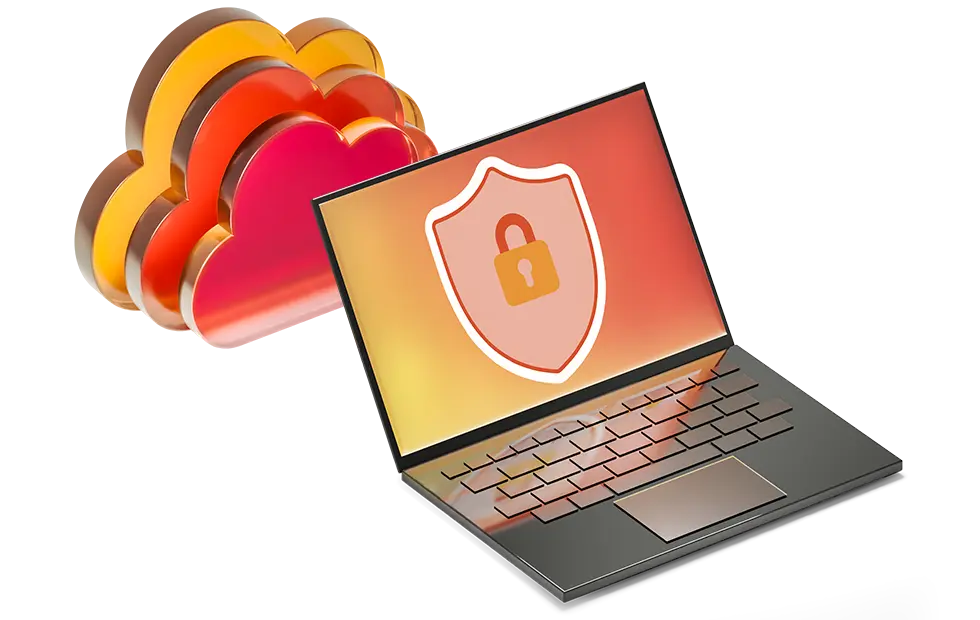
Safeguard Your Business with Data Backup and Disaster Recovery Services
Prevent data loss and downtime in an outage with secure, reliable data backup, disaster recovery, and business continuity planning and services from Tigunia.
Get Back to Business When Disaster Strikes
From natural disasters to hardware failure, there are many ways to damage your business. A single hour of downtime can cost a business thousands of dollars (and your reputation). We can help you prepare for unforeseen events with secure and reliable data backup and disaster recovery services. Tigunia offers complete protection for your systems, applications, and data with both on-site and off-site data backup solutions and disaster recovery failover.
Industry-Leading Technology
Feel confident knowing that you data is backed up and safe by best in class tools, infrastructure, and backup strategies.
Cost Predictability
At a flat rate per server you use, Tigunia offers cost predictability and simplicity to our already comprehensive security stack.
Dedicated Resources
Trust your data backups and disaster recovery services to experienced, dedicated experts who are committed to your business continuity.

The Ultimate Disaster Recovery Checklist
Don’t find out the hard way that your data recovery strategy was insufficient. Download Tigunia’s quick data backup and disaster recovery (BCDR) checklist to prepare yourself before disaster strikes.
Get ChecklistLeading-Edge Business Continuity and Disaster Recovery (BCDR) Services
Comprehensive and regular backups are the foundation for every successful BCDR strategy. When you host your data with Tigunia, we have the technical experience and resources to plan, implement, test, and manage your data, applications, and systems. Our data backup solutions are flexible to fit your budget and goals, and come fully equipped with:
Performance and Reliability
Eliminate your downtime and embrace a new level of peace of mind, knowing that Tigunia’s methods provide a high level of performance and unprecedented reliability.
Comprehensiveness
There is no one-size-fits-all solution. With Tigunia, you receive a tailored combination of on-premises and cloud-based options that ensure you remain connected by eliminating downtime and offering total protection.
Ease of Use
Tigunia offers an easy-to-use, self-service interface that is supported by a team of experts with decades of combined experience.
Affordability
BCDR is a vital tool for your business, but it should not cost a fortune. However, with the increasing price of digital insurance, Tigunia’s reliable BCDR offers convenient cost predictability.
Scalability
Tigunia prides itself on its nearly limitless scalability. Whether you’re a small team with slow growth or a large enterprise looking to expand further, Tigunia can serve your continuity needs every step of the way.
Recoverability
With Tigunia, you will get instant recovery capabilities for your software and cloud-based systems. And if your hardware systems fail, users can rely on quick virtualization of failed systems to stay operational.
Build Strong Business Resilience with Tigunia
Our business continuity services are all about building resilience and preparing your entire operations for a crisis. From system failure to a natural disaster, anything can happen – and we want to protect your data and systems. Our seasoned team of senior developers, IT experts, and business consultants can help assess your environment, develop a practical BCDR plan, test for vulnerabilities, and provide ongoing management.
- Tigunia’s Managed BCDR service offers a restore-time objective (RTO) of 8 hours, a restore point objective (RPO) of 60 minutes (which is how much data you lose), and retain 13 months of your data. We also offer options for as little as a 2 hour RTO, 30 minute RPO, and unlimited data retention


Put Your Trust in a Local IT Services Provider
Effective data recovery and business continuity plan forms the foundation of your defense against outages. With Tigunia’s experienced insight guiding the way, we can help you plan, implement, and test your strategy to ensure your data is protected and fully available when you need it.
Talk to a Business Technology Advisor Today